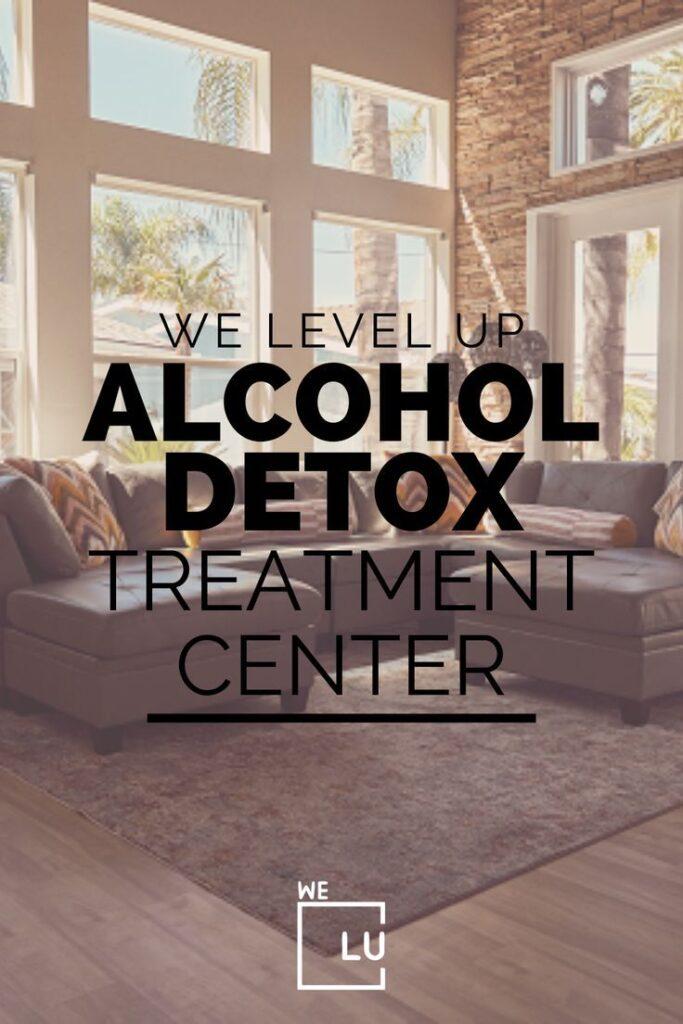Alcohol and Depression
Some people turn to alcohol to cope with challenging situations like breakups or job loss, finding temporary relief due to its calming effects. Having a drink occasionally during stress is normal, but relying on it for every problem may indicate an issue like alcohol use disorder. There’s a connection between heavy alcohol use and depression. However, it’s unclear whether regular drinking causes depression or if people with depression are more prone to excessive drinking.
If someone you know is dealing with depression and alcohol issues, understanding how they can influence each other is essential. Learning about the factors affecting alcohol, depression, and addiction can provide insights. Seeking co-occurring disorder treatment for both alcohol use and depression can empower you or your loved one to regain control of mental health and overall well-being.
At We Level Up treatment centers, we understand the challenges of alcoholism and depression and offer specialized alcohol detox programs to help manage and overcome them. Our centers are staffed with qualified and trained professionals in alcohol use disorder and mental health, providing comprehensive treatment in a safe and supportive environment. Call today for your free no-hassle evaluation.
Causes of Depression and Alcoholism
About one-third of people with major depressive disorder also struggle with alcohol issues, and often, depression precedes the alcohol problem.
Studies indicate that individuals who experience major depression are twice as likely to start drinking compared to their non-depressed counterparts. Women, especially, are over twice as likely to engage in heavy drinking if they have a history of depression, as experts note that women tend to overindulge when feeling down.
The most common causes of feeling depressed after drinking may include the following:
- Genetics: Family history can contribute to both depression and alcoholism.
- Brain Chemistry: Imbalances in brain chemicals may lead to both conditions.
- Trauma: Past traumas can increase the risk of depression and alcohol misuse.
- Stress: Heightened stress levels can trigger or worsen both depression and alcoholism.
- Social Environment: Negative surroundings may contribute to the development of both issues.
- Dual Diagnosis: The presence of one condition can increase vulnerability to the other.
- Coping Mechanism: Some use alcohol to cope with depressive feelings, creating a harmful cycle.
It’s crucial to recognize that alcohol exacerbates depression, as individuals with depression who consume excessive alcohol experience more frequent and severe depressive episodes, with an increased likelihood of suicidal thoughts. Moreover, heavy alcohol use can diminish the effectiveness of antidepressants.
Does Alcohol Cause Depression?
A study in JAMA Psychiatry suggests a link between alcohol misuse and major depressive disorder. Alcohol can cause and worsen depressive symptoms, especially in those predisposed to depression. If drinking causes depression, reducing or stopping alcohol use may alleviate symptoms. However, persistent feelings of being depressed after drinking may lead to independent depression, according to research.
What is Depression?
Feeling down occasionally is normal, but clinical depression goes beyond temporary sadness. Major depressive disorder and other depressive disorders are treatable mental health conditions marked by persistent feelings of sadness or emptiness that impact daily functioning. While there are risk factors, not everyone experiencing them will develop a depressive disorder.
The most common risk factors for depression may include the following:
- Genetics: A family history of depression increases the risk.
- Brain Chemistry: Imbalances in neurotransmitters may contribute.
- Trauma: Past traumatic experiences can be a risk factor.
- Chronic Illness: Chronic illnesses, such as cardiovascular diseases, diabetes, and chronic pain conditions, are known to be associated with a higher likelihood of experiencing depressive symptoms.
- Drug or Alcohol Misuse: Substance abuse can worsen or trigger depression.
- Stressful Life Events: Difficult life situations can increase vulnerability.
- Personality Traits: Certain traits may make individuals more prone.
- Hormonal Changes: Hormonal fluctuations can play a role, especially in women.
- Social Isolation: Lack of social support is a contributing factor.
- Childhood Adversity: Early-life challenges can impact mental health.
Types of Depression
Major depression is the most severe type, disrupting daily life with persistent feelings of sadness and worthlessness. About 20-25% of U.S. adults will go through a major depressive episode.
Here are the most common types of depression:
- Major Depressive Disorder (MDD): Characterized by persistent and severe depressive symptoms affecting daily life.
- Persistent Depressive Disorder (PDD): A chronic form of depression lasting for at least two years.
- Bipolar Disorder: Involves alternating periods of depression and mania.
- Seasonal Affective Disorder (SAD): Depression linked to seasonal changes, often occurring in winter.
- Postpartum Depression: Occurs after childbirth, affecting mothers with persistent feelings of sadness.
- Psychotic Depression: Combines severe depression with psychotic symptoms like delusions or hallucinations.
- Premenstrual Dysphoric Disorder (PMDD): Severe mood changes occurring in the luteal phase of the menstrual cycle.
- Atypical Depression: Features mood reactivity, increased appetite, and oversleeping.
- Situational Depression: A response to specific life events or stressors.
- Treatment-Resistant Depression: Does not respond well to standard treatments.
Avoid alcohol and drugs if you have major depression. Drinking can worsen depression symptoms and may have serious consequences, as alcohol affects the brain areas that regulate mood. It can disrupt chemical levels in the brain, potentially triggering mental health issues like depression.
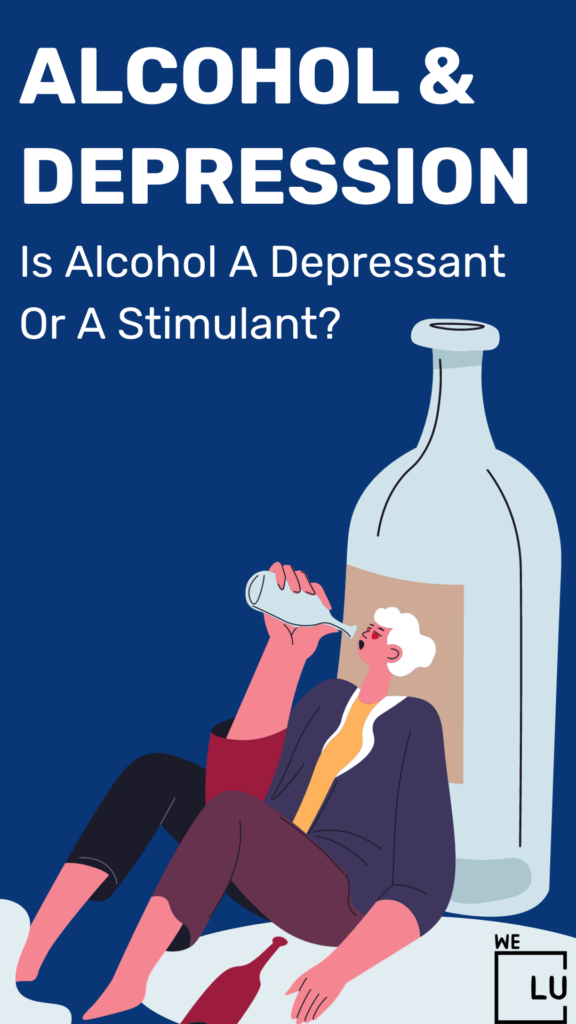
Skip To:
Learn More:
- What are the Emotional Effects of Alcohol?
- Strong Connection Between Alcohol and Anxiety
- Symptoms and Signs of a High-Functioning Alcoholic
- Alcohol Addiction Treatment, Alcoholism, Signs, Complications, and Recovery Rehab Programs
- Guide to Alcohol Detox Treatment, Alcohol Detox Timeline, and Alcohol Detox Symptoms
- How Long Does Alcohol Stay in Your System? Blood, Urine, and Breathalyzer Test
- Depression Treatment, Diagnosis, and Causes
- Inpatient Depression Treatment Program
- Top Rated Dual Diagnosis Treatment Centers and How to Find Dual Diagnosis Treatment Near Me
- Co-occurring Disorders Treatment Options
Signs and Symptoms of Depression
To be diagnosed with major depressive disorder or another depressive disorder, symptoms must be present almost every day for at least two weeks. These symptoms are severe enough to cause significant stress and impair social, occupational, or other important areas of functioning.
Although specific depressive disorders may vary, they generally share common symptoms. Here are the most common signs and symptoms of depression:
- Persistent Sadness: Feeling down most days for at least two weeks.
- Loss of Interest: Losing interest or pleasure in usual activities.
- Changes in Sleep: Insomnia or oversleeping.
- Changes in Appetite: Significant weight loss or gain.
- Fatigue: Persistent lack of energy.
- Feelings of Worthlessness: A pervasive sense of worthlessness or guilt.
- Difficulty Concentrating: Trouble focusing or making decisions.
- Agitation or Sluggishness: Restlessness or slowed movements.
- Physical Symptoms: Aches, pains, or digestive issues.
- Suicidal Thoughts: Thoughts of death or suicide.
These symptoms, when persistent and severe, may indicate a depressive disorder.
Get depression and alcohol treatment that works. Find professional help from We Level Up’s alcohol and mental health therapists. Start getting support with a free call 24/7.
Get Help. Get Better. Get Your Life Back.
Searching for Accredited Drug and Alcohol Rehab Centers Near You?
Even if you have failed previously and relapsed, or are in the middle of a difficult crisis, we stand ready to support you. Our trusted behavioral health specialists will not give up on you. When you feel ready or just want someone to speak to about therapy alternatives to change your life call us. Even if we cannot assist you, we will lead you to wherever you can get support. There is no obligation. Call our hotline today.
(844) 597-1011Alcohol and Depression Treatment
Having an occasional drink for social reasons is generally okay unless health issues prohibit it. However, if you rely on alcohol daily or it causes problems in relationships, work, or your overall well-being, it’s a serious concern.
Both alcohol misuse and depression are significant issues, so if you suspect a problem, consult your doctor or therapist. Treatment options include medications for depression and prescriptions to reduce alcohol cravings, often addressed together for better results. Seek support from Alcoholics Anonymous or a local alcohol treatment center if needed.
Severe alcoholism and depression are treatable, and early intervention is crucial. Specialized rehab facilities for both conditions are highly recommended as they are safe and effective and help individuals transition back to daily life. These programs often offer aftercare suggestions to support ongoing sobriety.
We Level Up Alcohol Detox
During alcohol detox, individuals may experience withdrawal symptoms as their bodies adapt to the absence of alcohol. Common symptoms include irritability, anxiety, nausea, and sweating.
Depression after quitting drinking is also common. The brain, having relied on the depressant effects of alcohol, may undergo chemical imbalances that contribute to feelings of sadness or low mood during the early stages of sobriety.
Our experienced medical professionals at We Level Up alcohol detox provide a safe and supportive environment, using evidence-based protocols to manage these symptoms and monitor overall health. We guide clients through this initial phase of recovery with compassion and expertise.
At We Level Up alcohol detox, we understand the challenges of alcohol dependence and depression. Our comprehensive treatment approach addresses both conditions simultaneously, recognizing their complex relationship. Our specialized programs aim not only to detoxify from alcohol but also to address the underlying factors contributing to depression. We guide our clients towards holistic healing through personalized care and evidence-based therapies.
Medications for Alcohol and Depression
Medications are essential in treating alcohol dependence and depression. In alcohol treatment, drugs like Naltrexone, Acamprosate, and Disulfiram help reduce cravings and discourage drinking. For depression, antidepressants can alleviate symptoms and stabilize mood.
When prescribed and monitored by healthcare professionals, these medications enhance the effectiveness of comprehensive treatment plans. It’s crucial to understand that medication is only part of a broader approach, which includes therapy, support groups, and lifestyle changes, all working together for lasting recovery and mental well-being.
Alcoholism and Depression Behavioral Therapies
Psychotherapies are crucial in treating alcohol dependence and depression. These therapies provide valuable insights and coping strategies, supporting lasting recovery and mental well-being.
- Cognitive-Behavioral Therapy (CBT): Focuses on identifying and changing negative thought patterns and behaviors related to both alcohol use and depression.
- Motivational Enhancement Therapy (MET): Aims to enhance motivation and commitment to change by exploring and resolving ambivalence towards both alcohol use and depressive symptoms.
- Dialectical Behavior Therapy (DBT): Combines cognitive-behavioral techniques with mindfulness to address emotional dysregulation, promoting healthier coping mechanisms for both alcoholism and depression.
- Interpersonal Therapy (IPT): Targets interpersonal issues and relationship difficulties, helping individuals improve communication skills and relationship patterns to address both alcohol dependence and depression.
In treatment, group therapy allows individuals with similar co-occurring disorders to connect and discuss their experiences. Sessions held one to two times weekly offer a platform to share the challenges and triumphs of addiction openly. Participants provide support and advice to peers facing difficult times. Aftercare programs often continue group therapy, allowing individuals to sustain their recovery efforts.
Choosing to address alcoholism and depression is a crucial first step in regaining control. While rehab facilities can help with addiction, it’s essential to find a program that caters to co-occurring conditions, as some specialize in specific issues.
Do you have questions about depression after drinking or alcohol and depression treatment in general? Call our helpline 24/7.

Get Your Life Back
Find Hope & Recovery. Get Safe Comfortable Detox, Addiction Rehab & Dual Diagnosis High-Quality Care.
Hotline(844) 597-1011The Dangers of Mixing Antidepressants and Alcohol
While antidepressants are prescribed to alleviate symptoms of depression and improve mood, the effects of alcohol can counteract these benefits and lead to adverse outcomes. One of the primary dangers is the potential for increased sedation and drowsiness when alcohol is combined with certain antidepressants. This heightened sedative effect can impair cognitive function, coordination, and decision-making, posing risks such as accidents and falls.
Common antidepressants include:
- SSRIs (Selective Serotonin Reuptake Inhibitors).
- SNRIs (Serotonin-Norepinephrine Reuptake Inhibitors).
- TCAs (Tricyclic Antidepressants).
- MAOIs (Monoamine Oxidase Inhibitors).
- Atypical Antidepressants.
Alcohol can interfere with the effectiveness of these antidepressant medications, diminishing their positive impact on mood stabilization. This interference may exacerbate depressive symptoms and undermine the individual’s progress in managing their mental health.
Combining alcohol and antidepressants can also contribute to more severe side effects, such as increased heart rate, blood pressure fluctuations, and liver damage. Also, individuals with a history of alcohol misuse may find themselves at a higher risk of developing substance dependence when using alcohol alongside antidepressant medications.
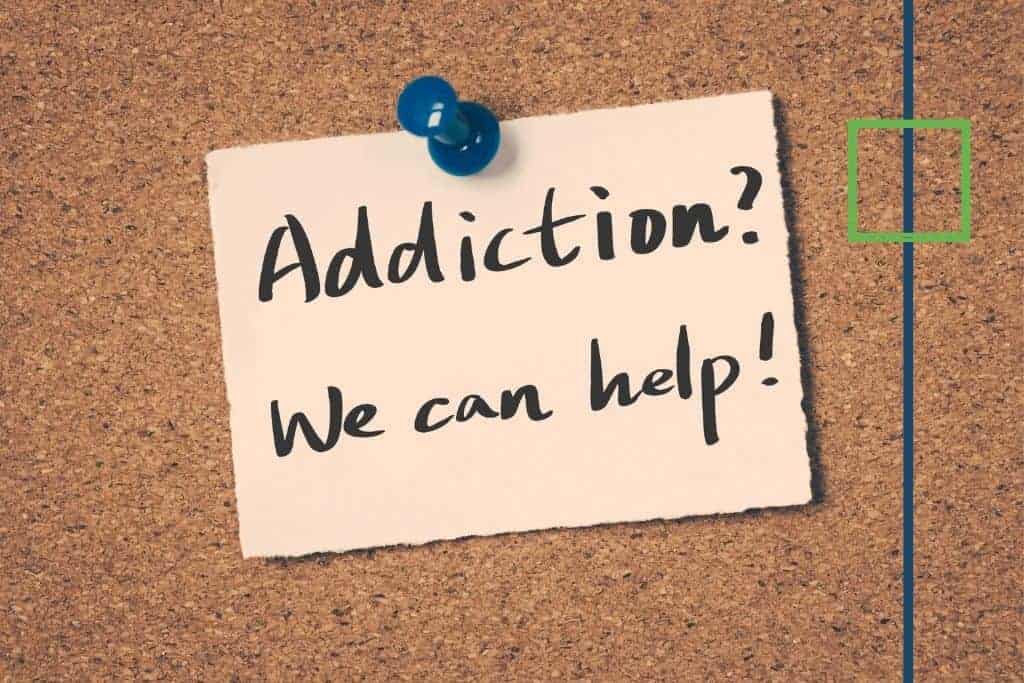
First-class Facilities & Amenities
World-class High-Quality Addiction & Mental Health Rehabilitation Treatment
Rehab Centers TourRenowned Addiction Centers. Serene Private Facilities. Inpatient rehab programs vary.
Addiction Helpline(844) 597-1011Proven recovery success experience, backed by a Team w/ History of:
15+
Years of Unified Experience
100s
5-Star Reviews Across Our Centers
10K
Recovery Success Stories Across Our Network
- Low Patient to Therapist Ratio
- Onsite Medical Detox Center
- Comprehensive Dual-Diagnosis Treatment
- Complimentary Family & Alumni Programs
- Coaching, Recovery & Personal Development Events
We Level Up Treatment for Co-Occurring Depression and Alcohol Use Disorder
Uncover a path to healing with We Level Up co-occurring disorder treatment for alcohol and depression. Our expert team is committed to your lasting recovery, using evidence-based therapies, medication management, and personalized counseling. In our supportive community, individuals share goals and encouragement, breaking the cycle of addiction while addressing underlying factors contributing to depression. Take the first step to a brighter, alcohol-free future with compassionate care at We Level Up.
If you or someone you know is dealing with alcohol and depression, We Level Up detox center provides personalized care with a team of experienced professionals. Begin your journey towards better health by taking the first step towards healing. Get help. Call We Level Up now. Each call is free and confidential.
Featured We Level Up Alcohol and Depression Treatment Centers
Overcoming alcohol and depression can be challenging and lonely. Many people struggle to quit independently and often relapse to alleviate their symptoms or satisfy their cravings.
However, with We Level Up’s therapy and a robust support system, you can experience a more manageable alcohol withdrawal and successful recovery. If you require assistance with rehab, don’t hesitate to contact a treatment advocate 24/7.
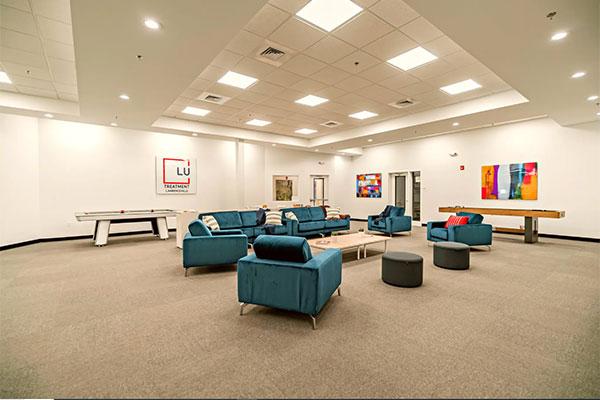
We Level Up New Jersey
Drug & Alcohol Addiction Treatment Center w/Detox
Licensed & Accredited w/ 5-star reviews.- Inpatient addiction rehab center w/medical detox
- Addiction treatment and detox for alcohol, benzo, heroin, opioid, and more.
- Secondary mental health treatment available as part of our dual diagnosis programs.
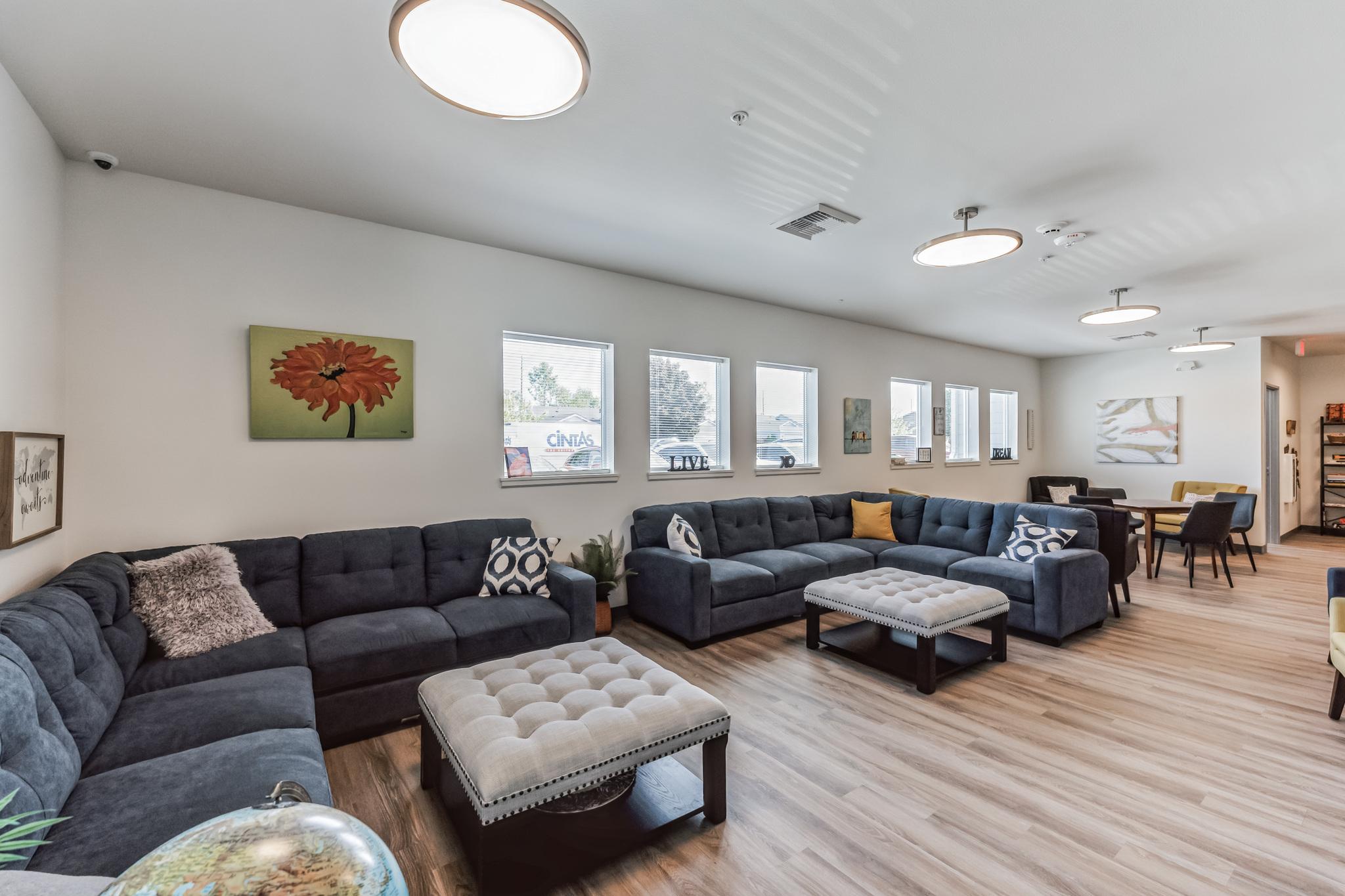
We Level Up Washington
Premier Behavioral Health Treatment Center
Licensed & Accredited w/ 5-star reviews.- Inpatient mental health treatment center
- Therapy for depression, anxiety, trauma, bipolar disorder, PTSD, and more.
- Dual diagnosis rehab programs available
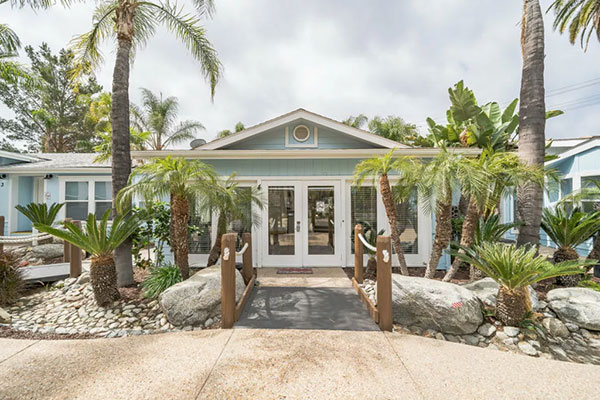
We Level Up California
Drug & Alcohol Addiction Treatment Center w/Detox
Licensed & Accredited w/ 5-star reviews.- Inpatient addiction rehab center w/medical detox
- Addiction treatment and detox for alcohol, benzo, heroin, opioid, and more.
- Secondary mental health treatment available as part of our dual diagnosis programs.
View more We Level Up treatment centers.
World-class, Accredited, 5-Star Reviewed, Effective Addiction & Mental Health Programs. Complete Behavioral Health Inpatient Rehab, Detox plus Co-occuring Disorders Therapy.
CALL(844) 597-1011End the Addiction Pain. End the Emotional Rollercoaster. Get Your Life Back. Start Drug, Alcohol & Dual Diagnosis Mental Health Treatment Now. Get Free No-obligation Guidance by Substance Abuse Specialists Who Understand Addiction & Mental Health Recovery & Know How to Help.
Alcohol Use Disorder, Signs, Diagnosis, and Alcohol Addiction Treatment
Experience Transformative Recovery at We Level Up Treatment Centers.
See our authentic success stories. Get inspired. Get the help you deserve.
Start a New Life
Begin with a free call to an addiction & behavioral health treatment advisor. Learn more about our dual-diagnosis programs. The We Level Up Treatment Center Network delivers recovery programs that vary by each treatment facility. Call to learn more.
- Personalized Care
- Caring Accountable Staff
- World-class Amenities
- Licensed & Accredited
- Renowned w/ 100s 5-Star Reviews
We’ll Call You
Search We Level Up Alcohol and Depression, Detox, Mental Health Topics, & Resources
Sources
- McHugh RK, Weiss RD. Alcohol Use Disorder and Depressive Disorders. Alcohol Res. 2019 Jan 1;40(1):arcr.v40.1.01. Doi: 10.35946/arcr.v40.1.01. PMID: 31649834; PMCID: PMC6799954.
- Kuria MW, Ndetei DM, Obot IS, Khasakhala LI, Bagaka BM, Mbugua MN, Kamau J. The Association between Alcohol Dependence and Depression before and after Treatment for Alcohol Dependence. ISRN Psychiatry. 2012 Jan 26;2012:482802. Doi: 10.5402/2012/482802. PMID: 23738204; PMCID: PMC3658562.
- Alsheikh AM, Elemam MO, El-Bahnasawi M. Treatment of Depression With Alcohol and Substance Dependence: A Systematic Review. Cureus. 2020 Oct 26;12(10):e11168. Doi: 10.7759/cureus.11168. PMID: 33133799; PMCID: PMC7592633.
- Find Help and Treatment – Substance Abuse and Mental Health Services Administration (SAMHSA)
- Jesse S, Bråthen G, Ferrara M, Keindl M, Ben-Menachem E, Tanasescu R, Brodtkorb E, Hillbom M, Leone MA, Ludolph AC. Alcohol withdrawal syndrome: mechanisms, manifestations, and management. Acta Neurol Scand. 2017 Jan;135(1):4-16. Doi 10.1111/ane.12671. Epub 2016 Sep 1. PMID: 27586815; PMCID: PMC6084325.
- Paton A. Alcohol in the body. BMJ. 2005 Jan 8;330(7482):85-7. Doi 10.1136/bmj.330.7482.85. PMID: 15637372; PMCID: PMC543875.
- Mixing Alcohol and Depressants May _ the Effects of Alcohol.? Rehm J. The risks associated with alcohol use and alcoholism. Alcohol Res Health. 2011;34(2):135-43. PMID: 22330211; PMCID: PMC3307043.
- Health risks and benefits of alcohol consumption. Alcohol Res Health. 2000;24(1):5-11. PMID: 11199274; PMCID: PMC6713002.
- Park JE, Ryu Y, Cho SI. The Association Between Health Changes and Cessation of Alcohol Consumption. Alcohol Alcohol. 2017 May 1;52(3):344-350. Doi 10.1093/alcalc/agw089. PMID: 28430927; PMCID: PMC5397877.
- Nehring SM, Freeman AM. Alcohol Use Disorder. [Updated 2022 Jul 31]. In: StatPearls [Internet]. Treasure Island (FL): StatPearls Publishing; 2023 Jan-. Available from: https://www.ncbi.nlm.nih.gov/books/NBK436003/
